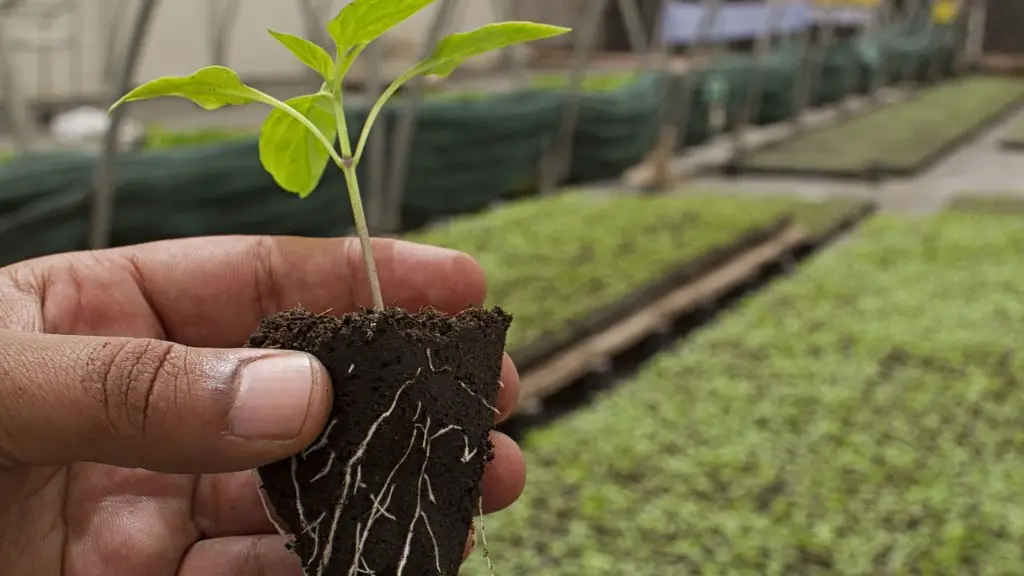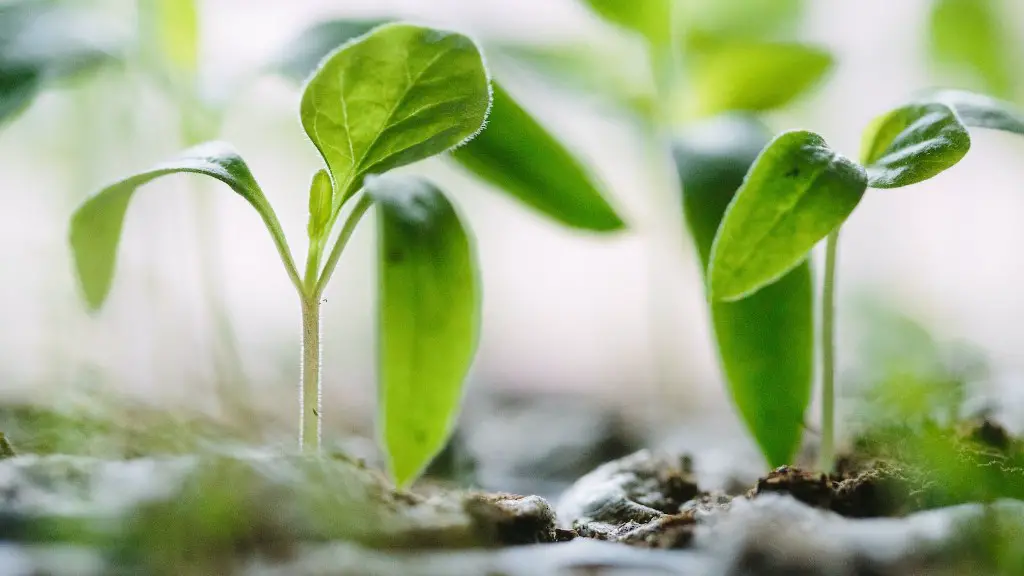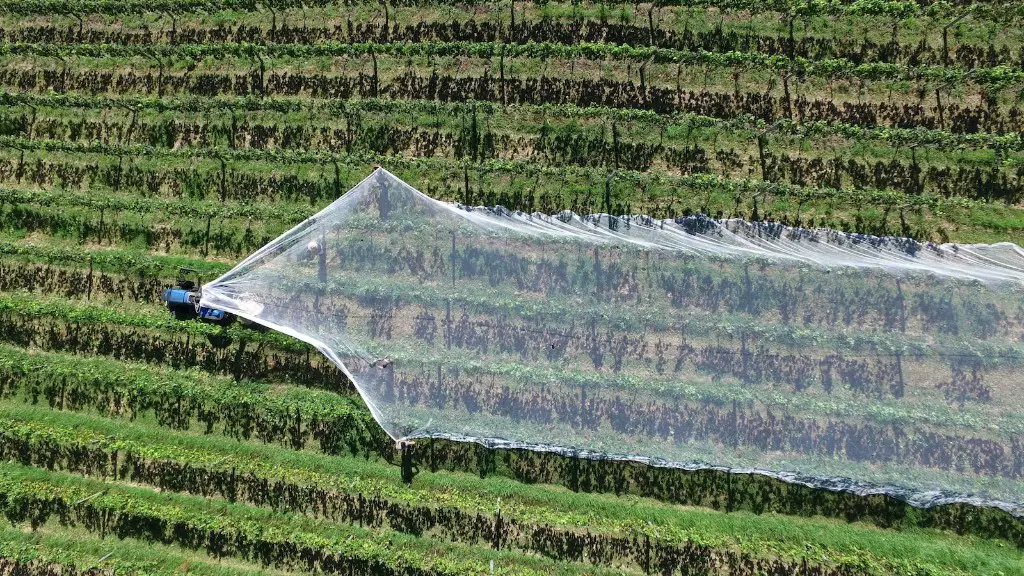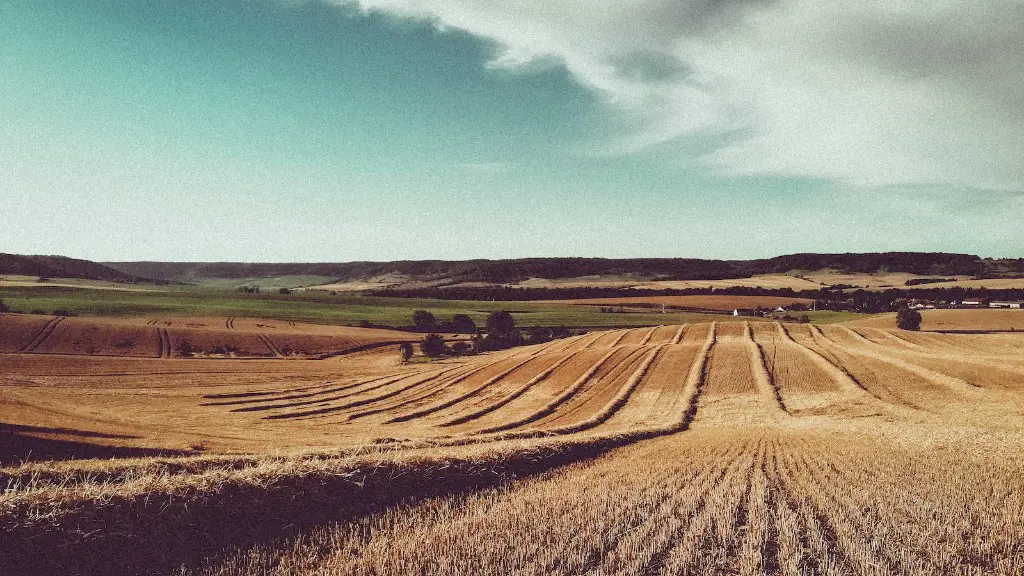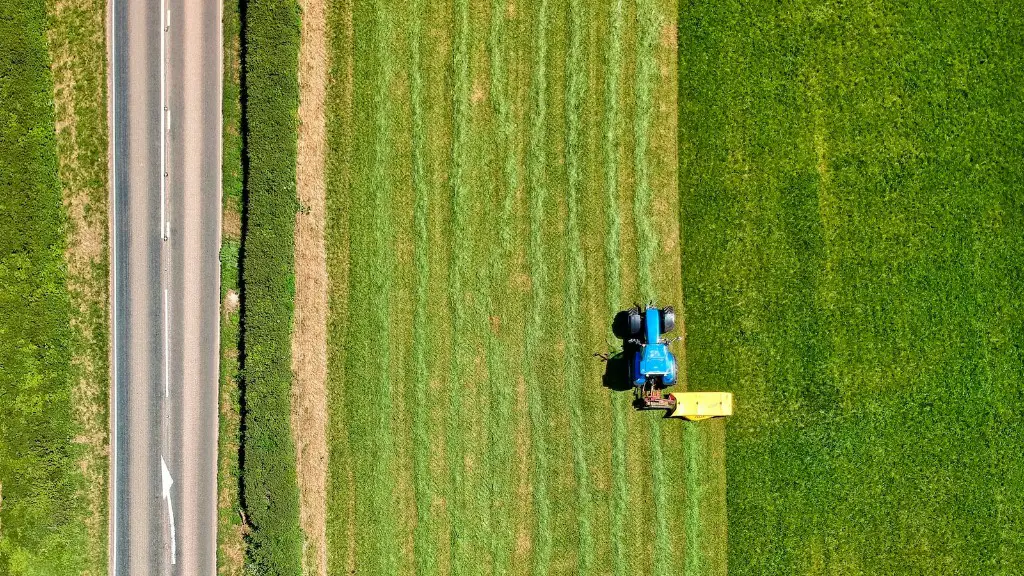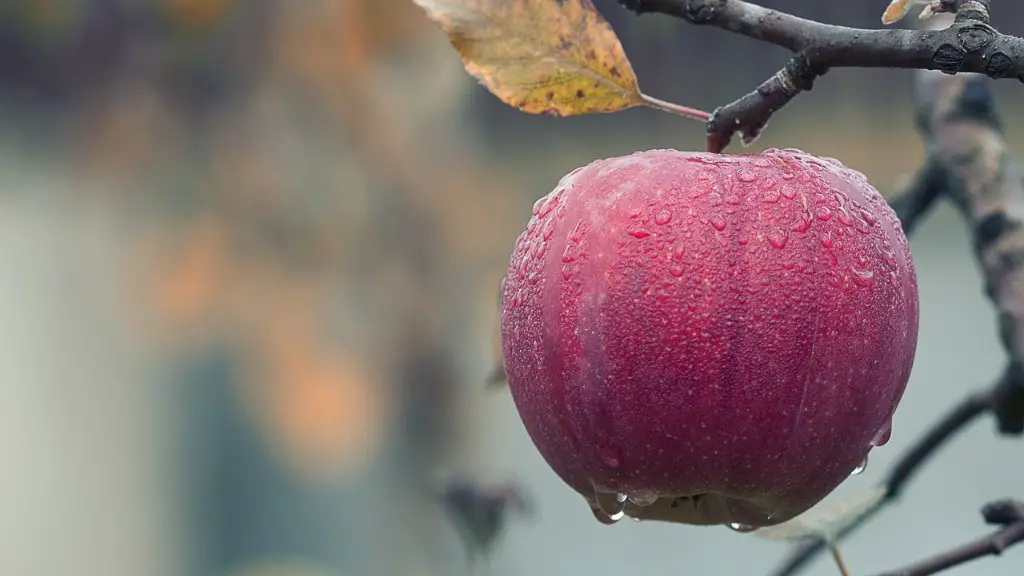The answer to this question is far from simple. To really understand if modern agriculture is sustainable, we need to consider many factors, including the environmental impact of agriculture, the economic viability of farms, and the social impact of farming practices.
With the world population expected to continue to grow, the demand for food will only increase. Can modern agriculture meet this demand without destroying the environment? Can farms continue to operate profitably, given the rising costs of inputs like land, water, and labor? And what are the social costs of modern agriculture, in terms of the impact on rural communities and the workers who labor on farms?
These are complex questions, but they are vital to understanding the sustainability of modern agriculture.
Modern agriculture practices are not sustainable in the long term. They are creating an unsustainable system in which soil quality is declining, water resources are being depleted, and agricultural productivity is increasingly reliant on fossil fuels.
Why modern agriculture is not sustainable?
Pesticides, fertilizers, and other toxic farm chemicals can poison fresh water, marine ecosystems, air, and soil. They also can remain in the environment for generations. Many pesticides are suspected of disrupting the hormonal systems of people and wildlife. Fertilizer run-off impacts waterways and coral reefs.
Organic fruits and vegetables are the most sustainable option when it comes to environmentally-friendly foods. Farming using organic methods prevents the over-use of chemical pesticides and fertilisers, which is essential for the long-term health of the soil.
Are modern farming techniques sustainable
There are many advantages of modern technology in farming. Farmers can grow more food using fewer resources, which means less pressure to burn down forests or till up native ecosystems to open up more farmland. This also results in less food waste, as precision farming can help farmers target specific areas that need more attention. This benefits not just farmers but our entire food supply chain.
There are increasing pressures from climate change, soil erosion and biodiversity loss and from consumers’ changing tastes in food and concerns about how it is produced. And the natural world that farming works with – plants, pests and diseases – continue to pose their own challenges.
Farming is an essential part of the food chain, and it is important that we find ways to make it more sustainable. This means finding ways to reduce the impact of farming on the environment, while still producing the food that we need.
Does modern agriculture harm the soil?
Industrial agriculture is a key driver of climate change, due to its reliance on fossil fuels and its negative impact on soil health. The burning of fossil fuels releases carbon dioxide into the atmosphere, which contributes to climate change. In addition, industrial agriculture depletes the soil of organic matter, which is essential for healthy soils. This depletion of organic matter leads to soil erosion and degradation, and results in lower soil fertility and productivity. As a result, industrial agriculture is not sustainable in the long term, and has negative impacts on both the environment and human health.
Many sustainable agriculture and food system growers use common practices to promote soil health, minimize water use, and lower pollution levels on the farm. These practices can help to create a more sustainable and environmentally friendly food system.
What farming methods are not sustainable?
Soil erosion and degradation are major problems associated with unsustainable farming practices. Overexploitation of the land is exhausting its resources, and intensive farming practices such as deforestation and cultivation are continuously disturbing the soil and its complex ecosystems. These problems need to be addressed urgently in order to ensure the continued productivity of the land.
Industrialized agriculture is becoming increasingly unsustainable, as it relies heavily on chemical inputs that can damage the environment, public health, and animal welfare. However, sustainable agriculture is gaining traction as an alternative that can protect the environment and communities.
What is the least sustainable crop
A study by WWF found that sugar is one of the most harmful crops to the planet. Sugar plantations destroy the most biodiversity in the world by replacing habitats rich in animal, plant and insect life.
Modern agriculture is an ever-changing approach to agricultural innovations and farming practices. Through research and development, farmers are constantly finding new ways to increase efficiency and reduce the amount of natural resources needed to meet the world’s food, fuel and fiber demands. By adopting new technologies and practices, farmers are able to produce more food with fewer inputs, which ultimately benefits both the environment and the economy.
Is modern farming is better than traditional farming?
Monoculture is a modern agricultural approach in which only one crop or plant is produced. This method of farming has several advantages, including increased efficiency and higher yields. However, monoculture also has some disadvantages, such as increased vulnerability to pests and diseases.
Modern farming techniques are more efficient and require less land, energy, and chemicals to produce the same amount of food. This is a more sustainable way of farming that is better for the environment.
What are 2 issues facing modern agriculture
Environmental issues can have a big impact on farmers’ profits and productivity. Soil quality, water quality, climate, and terrain can all affect what a farmer is able to grow, and how much they are able to produce. These factors can also make it difficult to get a good price for crops, as demand may be low if the growing conditions are poor. In some cases, farmers may even have to abandon their crops if the conditions are too extreme.
The use of modern chemicals has had both positive and negative effects on agriculture. On the one hand, the use of fertilizers has increased crop yields by making plants grow better. On the other hand, however, the use of chemicals has also caused river pollution due to run-off from farms. Additionally, the use of chemicals has reduced the number of plants being eaten by pests, resulting in more crops being available for sale.
How does modern farming destroy the environment?
Farming is a major contributor to pollution and carbon emissions. The chemicals used in farming, including herbicides, pesticides, and fertilizers, introduce additional carbon, nitrates, sulphates, and other pollutants into the world. Tilling and harvesting also releases carbon stored in the plants and soil. Reducing the use of chemicals in farming and adopting more sustainable practices can help to reduce pollution and emissions from farming.
No land can sustain the modern methods of farming indefinitely. The land will eventually become depleted of nutrients and unable to support crops. The soil will also become increasingly compacted, making it difficult for roots to penetrate and absorb water and nutrients. Ultimately, the land will become unproductive and will have to be abandoned.
Final Words
There is a lot of debate surrounding the issue of whether or not modern agriculture is sustainable. Some people argue that it is not sustainable because it relies on methods that are not environmentally friendly, such as using pesticides and herbicides. Others argue that it is sustainable because it is more efficient than traditional agriculture and uses less resources.
No, it is not. Sustainable agriculture is an ecological production management system that promotes and enhances biodiversity, biological cycles and soil biological activity. It is based on minimal use of off-farm inputs and on management practices that restore, maintain and enhance ecological harmony.
